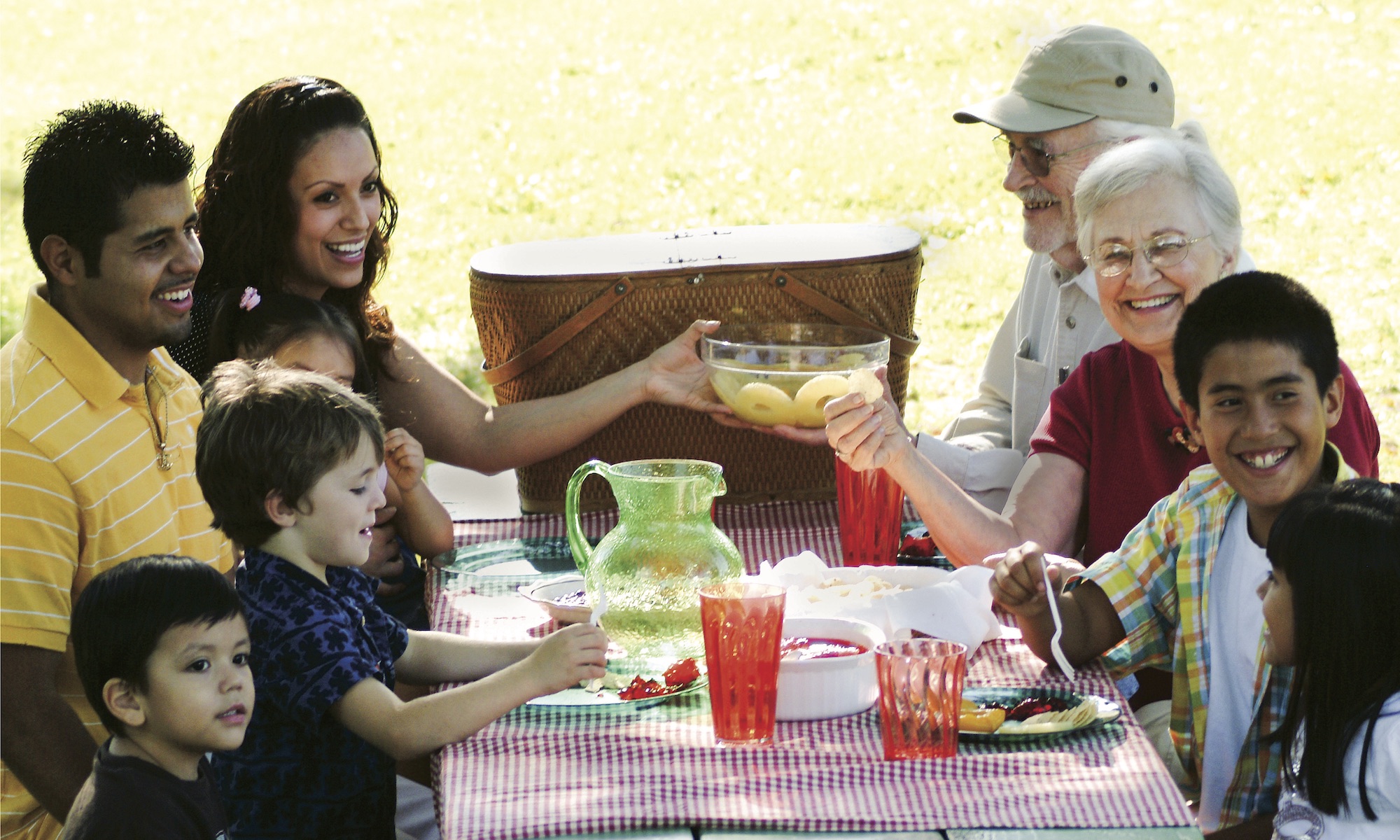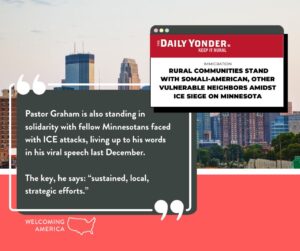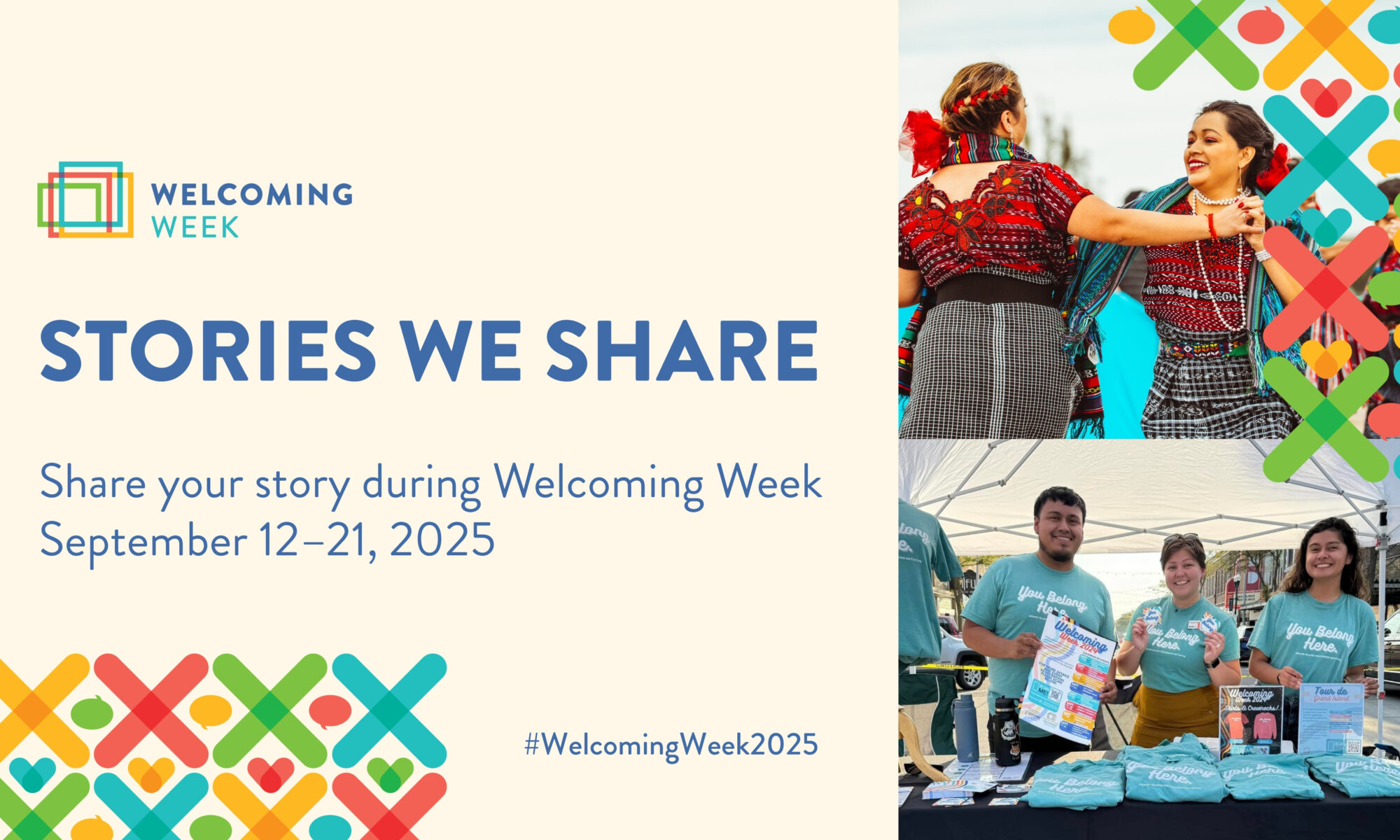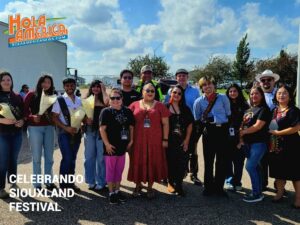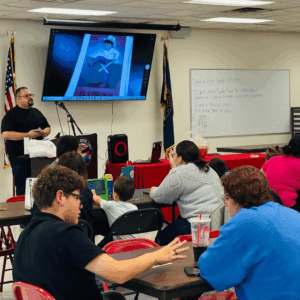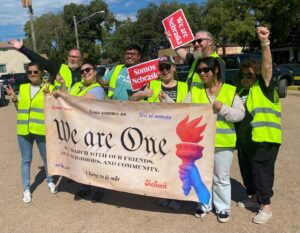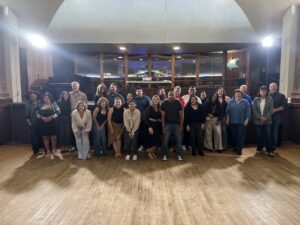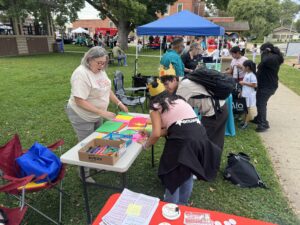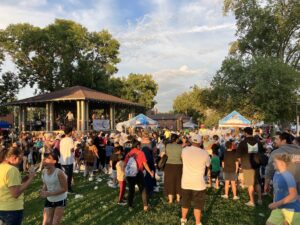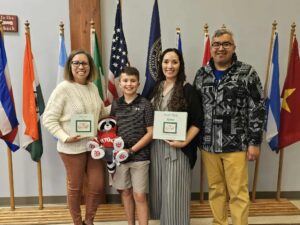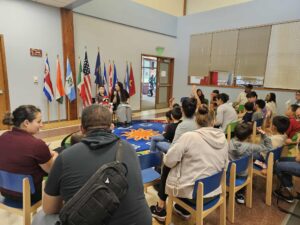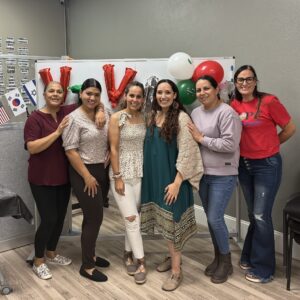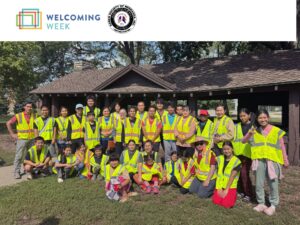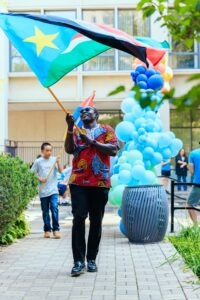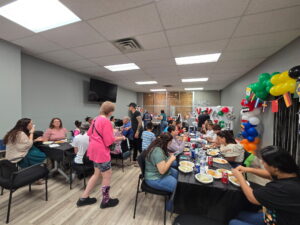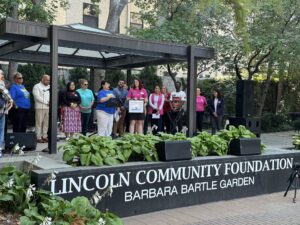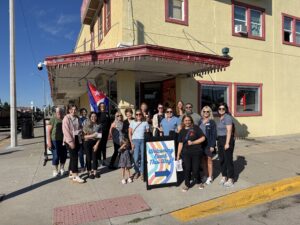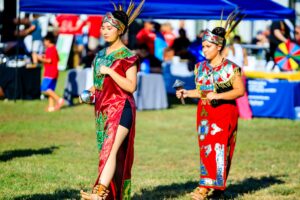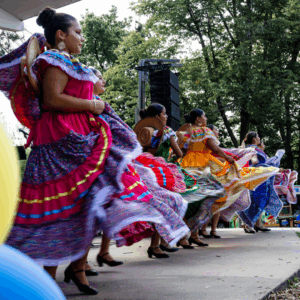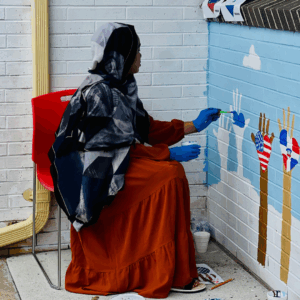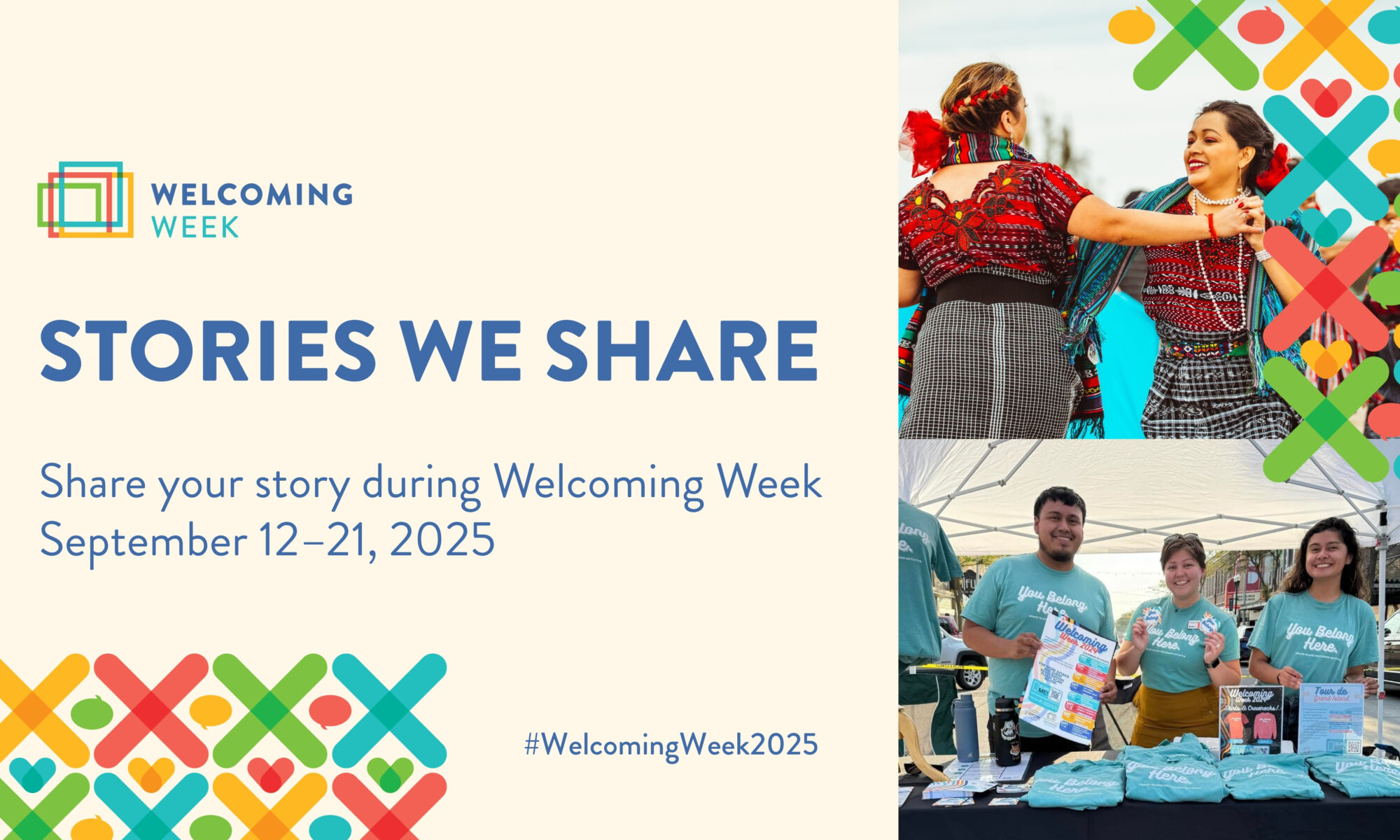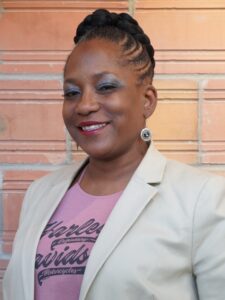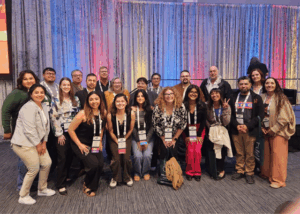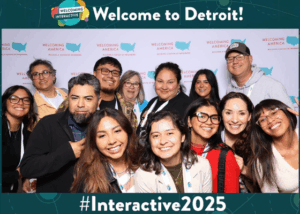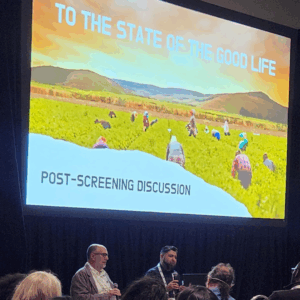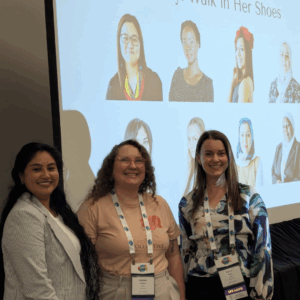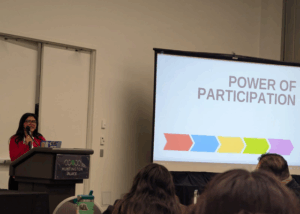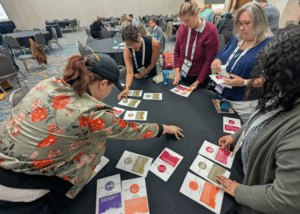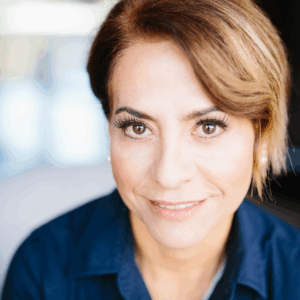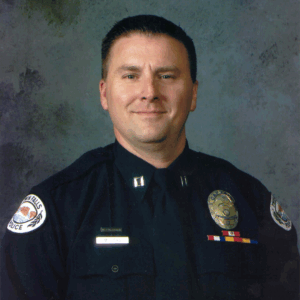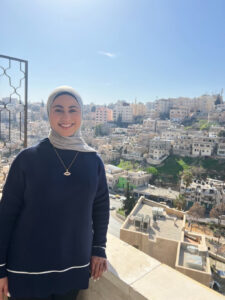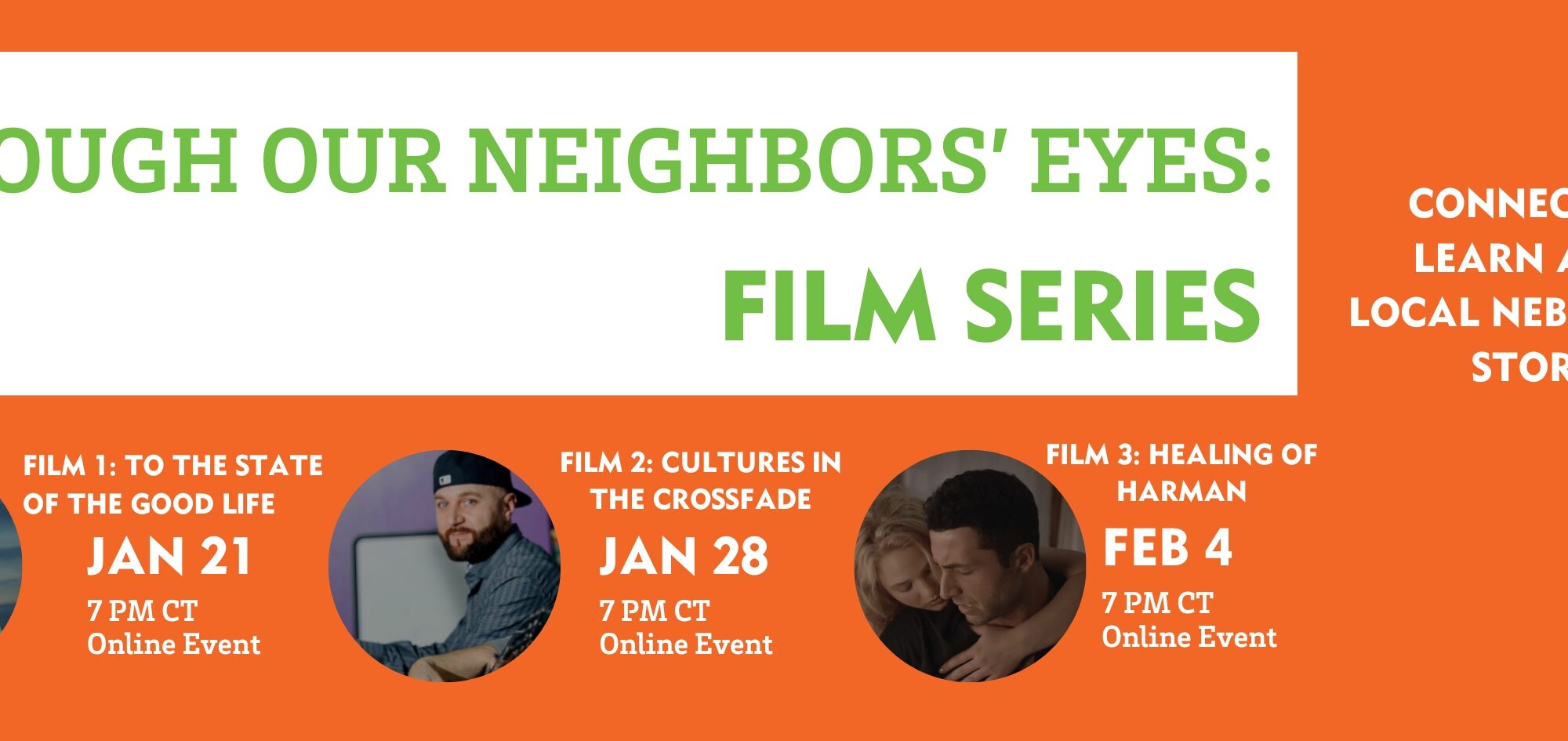We write to you all with heavy hearts, knowing that the words that follow are not shared lightly. We speak with clarity about the truth of what has occurred. Across the United States, people are grieving, coming together and resisting harm carried out by our own federal government. As a network rooted in belonging and dignity for all, we should refuse to remain silent in the face of violence, fear and injustice.
In Minnesota this January, a large deployment of federally armed agents has terrorized neighborhoods and shattered the sense of safety for children, families, elders, and people of all backgrounds – no one is immune to this violence. The deaths of Renee Nicole Good and Alex Pretti – two Minnesota residents killed by federal agents – have sparked peaceful protests, national outcry, and urgent calls for accountability from those trying to undermine public trust and safety.
Hundreds of people, many of them U.S. citizens, Somali Americans, and other long standing community members – have been stopped, detained or intimidated by federal agents in rural and urban communities alike, yet communities are coming together and caring for one another.
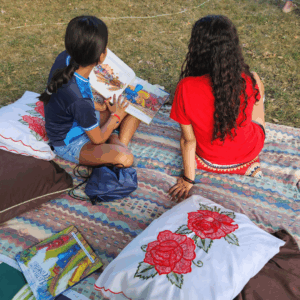 During this moment, what gives us hope is the remarkable human nature of compassion, love and care that countless individuals on the ground are extending to each other. Where terror attempts to isolate, a powerful multiracial movement of neighbors has responded with linked arms. We have witnessed neighbors protecting each other, mutual aid networks distributing food and medical care – all linked across their own differences.
During this moment, what gives us hope is the remarkable human nature of compassion, love and care that countless individuals on the ground are extending to each other. Where terror attempts to isolate, a powerful multiracial movement of neighbors has responded with linked arms. We have witnessed neighbors protecting each other, mutual aid networks distributing food and medical care – all linked across their own differences.
Nebraskans like you and I believe in a world where welcoming and belonging are not just ideas but a reality we are working to build. This work is not new – and it is not fragile – but it is being tested. What is happening right now erodes years of community building led by people across sectors: faith leaders, business owners, city leaders, educators, law and safety officials, and community members who have worked to create strong connected communities.
We must not lose sight of the values that bring us together. Every action we take builds upon the work of those who came before us and alongside one another. We each have that innate human nature of compassion, love and care. When we choose to harness it, believe in it, and extend it to others every day, we continue the work of building the community we want to see in the future.
Our Values Call Us To:
- Affirm the dignity of every person
- Reject the lies told about our immigrant neighbors
- Build bridges across difference
- Co-create communities where everyone can thrive
Other Actions & Resources:
- Choose local care. Contribute to food banks and mutual aid networks, amplify positive and welcoming messages, and take everyday actions that remind neighbors they are not alone.
- Add your voice to a culture of welcoming, safety, and dignity through the Welcoming America’s “Draw the Line” pledge to protect our neighbors and stand against violence and fear — reaffirming that welcoming, safety, and dignity are the foundation of strong, connected communities. We join them in their call for accountability. Please sign on and encourage others to do so!
- Click here to read more about Somali Americans and other immigrant neighbors in rural Minnesota who are mobilizing.
- Click here to read our blog on how to keep our communities safe & connected during times of uncertainty.
Printable Resources in Multiple Languages
A welcoming community is a safe community – especially for our youth. We’ve updated and expanded our Bullying and Responding to Hate Crimes & Hate Incidents resources so every family can have access to tools for safety and inclusion. Download and share them in your school, workplace or neighborhood:
-
- Bullying – Arabic
- Bullying – Dari
- Bullying – English
- Bullying – French
- Bullying – Karen
- Bullying – Pashto
- Bullying – Spanish
- Bullying – Somali
- Bullying – Vietnamese
- Responding to Hate Crimes – Arabic
- Responding to Hate Crimes – Dari
- Responding to Hate Crimes – English
- Responding to Hate Crimes – French
- Responding to Hate Crimes – Karen
- Responding to Hate Crimes – Pashto
- Responding to Hate Crimes – Spanish
- Responding to Hate Crimes – Somali
- Responding to Hate Crimes – Vietnamese
Bring These Conversations to your Community
If you would like to host a deeper discussion – whether at a school, parent group, workplace, or faith community – we can help facilitate. Tolls like Cracking The Codes, a film exploring race and equity, can spark meaningful dialogue that strengthens inclusion. We have other tools available for how to facilitate difficult conversations! Please reach out and we would love to meet with you.
- Cracking The Codes is a film designed to help groups talk about race and equity. Because these conversations are vital to creating inclusion and belonging, we can help bring this tool to your workplace, neighborhood, school or faith group. Email us to start planning a community dialogue.
Resources for Opposing Hate
- A Community Guide For Opposing Hate: This manual provides a guide for those who want to “do something” about hate, not only for the immediate aftermath of a hateful act, but for years to come to improve their community.
- Concerned about someone you know? Confronting Conspiracy Theories And Organized Bigotry at Home: A Guide for Parents and Caregivers
Resources to learn more about hate groups
- Southern Poverty Law Center provides in-depth information on hate groups, hate crimes, and hate incidents across the U.S. It’s a valuable resource for learning how hate manifests in communities and how to respond.
- Decoding Hate Symbols: from Viking hammers to flags of fictional countries, National Geographic breaks down the origins and evolution of hate symbols.
- Facing History & Ourselves is an educational organization and resource hub dedicated to using lessons of history to challenge teachers and students to stand up to bigotry and hate. They offer a wide range of materials, including lesson plans, primary sources, teaching strategies, and professional development opportunities.
- Leadership Conference on Civil and Human Rights is a leading source for information and advocacy on civil rights issues in the U.S. It offers updates, resources, and campaigns that promote equality, protect voting rights, and advance justice for all communities.
We stand with Minnesota communities. We honor those who we have lost and been harmed. And we recommit ourselves to building a nation of neighbors and world rooted in dignity, care and collective well-being.
